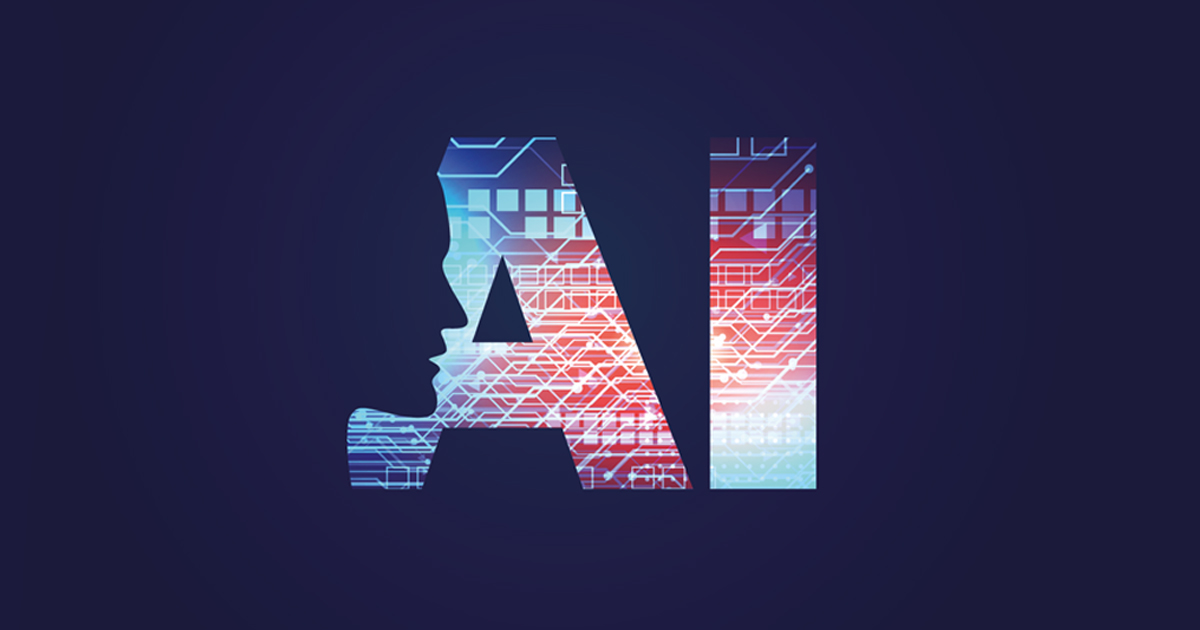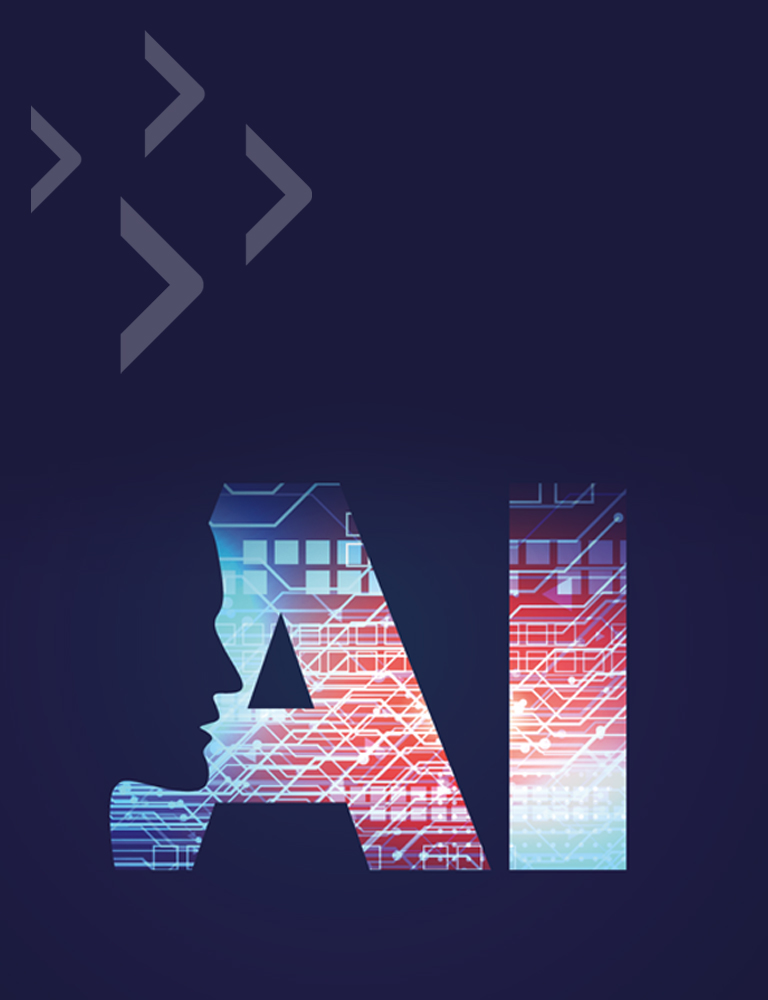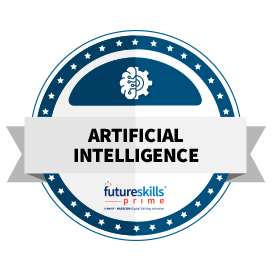Course Provider

What will you learn in this course?
- Comprehend the meaning of Data Engineering
- Understand the Data Engineering Ecosystem and Lifecycle
- Learn to draw data from various files and databases
- Acquire skills and techniques to clean, transform, and enrich your data
- Learn to handle different file formats in both NoSQL and Relational databases
- Learn to deploy a data pipeline and prepare dashboards to view results
- Learn to scale data pipelines in the production environment
Certificate Course on Data Engineering
-
 Skill Type
Emerging Tech
Skill Type
Emerging Tech -
 Domain
AI/ BDA
Domain
AI/ BDA -
 Course Category
Deepskilling Course
Course Category
Deepskilling Course -
 Placement Assistance
Yes
Placement Assistance
Yes -
 Certificate Earned Joint Co-Branded Participation Certificate & Partner Completion certificate
Certificate Earned Joint Co-Branded Participation Certificate & Partner Completion certificate -
 Nasscom Assessment Available
Nasscom Assessment Available -
 Course Covered under GoI Incentive
Yes
Course Covered under GoI Incentive
Yes -
-
 Course Price
INR 42,140INR 25,000till 30th Sep 2023
Course Price
INR 42,140INR 25,000till 30th Sep 2023 -
 Course Duration
40 Hours
Course Duration
40 Hours
-
Why should you take this course?
- Data engineering is fundamental to managing data and automating workflows.
- Data Engineers ensure that the data is analyzed to produce high-quality data that businesses can utilize to finding the latest trends.
- This year will see a tremendous elevation in the use of artificial intelligence, machine learning, and data science in an increasingly connected and data-driven world.
- The data engineering trends can be divided into Data Infrastructure, Data Architecture, and Data Management categories. Data lineage, data quality, and data discovery tools which are components of Metadata management will merge into the mainstream data management platform.
Who should take this course?
- Science, Maths, Compute Graduates
- IT professionals who want to Specialize in Digital Tech
- SQL and related developers or software developers
- Students/IT professionals having an interest in Data and Databases
- Professionals working in the space of Data Analytics
- Academicians and Researchers working in the space of Data Analytics/Science
- Cloud and Big Data enthusiasts
Curriculum
- Intro to Data Engineering
- Data Science vs Data Engineering
- Building Data Engineering Infrastructure
- Working with Databases and various File formats (Data Lakes)
- SQL
- MySQL
- PostgreSQL
- NoSQL
- MongoDB
- HBase
- Apache Cassandra
- Cloud Sources
- Microsoft Azure SQL Database
- Amazon Relational Database Service
- Google Cloud SQL
- IBM Db2 on Cloud
- Extra-Load, Extract-Load-Transform, or Extract-Transform-Load paradigms
- Preprocessing, Cleaning, and Transforming Data
- Cloud Data Warehouse Service
- AWS: Amazon Redshift
- GCP: Google Big Query
- IBM: Db2 Warehouse
- Microsoft: Azure SQL Data Warehouse
- Distributed vs. Single Machine Environments
- .Distributed Framework - Hadoop
- Various Tools in Distributed Framework to handle BigData
- HBase
- Kafka
- Spark
- Apache NiFi
- Distributed Computing on Cloud
- ML and AI platforms on Cloud
- Databases and Pipelines
- Data Pipeline
- Features of Pipelines
- Building a pipeline using NiFi
- Installing and Configuring the NiFi Registry
- Using the Registry in NiFi
- Versioning pipelines
- Monitoring pipelines
- Monitoring NiFi using GUI
- Using Pything with the NiFi REST API
- Building pipelines in Apache Airflow
- Airflow boilerplate
- Run the DAG
- Run the data pipelines
- Deploy and Monitor Data Pipelines
- Production Data Pipeline
- Creating Databases
- Data Lakes
- Populating a data lake
- Reading and Scanning the data lake
- Insert and Query a staging database
Tools you will learn in this course
- Python
- SQL(MySQL)
- NoSQL (MongoDB)
- Hadoop, Spark
- Cloud Platforms (AWS, Azure, GCP)
- Kafka
- Apache Airflow
FAQs
The Data Engineering course aims to provide aspirants with an in-depth understanding of all the essential tools and skills used by Data Engineers. The course provides hands-on learning of leading as Python, SQL, Spark, Kafka, and many more
After the successful completion of 80% of your assignments, you are assigned to a live project where you will work with a group of students to bring the project to closure. After that, you will make a project presentation.
This course is designed for students as well as working professionals. The basic requirement to undertake this course includes a degree in engineering, computer applications, or mathematics.
After the successful completion of the program, you will be awarded the Data Engineering certificate, powered by IBM.
We do not guarantee placements nevertheless, our placement cell supports you with resume building sessions, mock interviews, mentorship, and interview preparation. Our team also helps you launch your career by providing interview opportunities.




